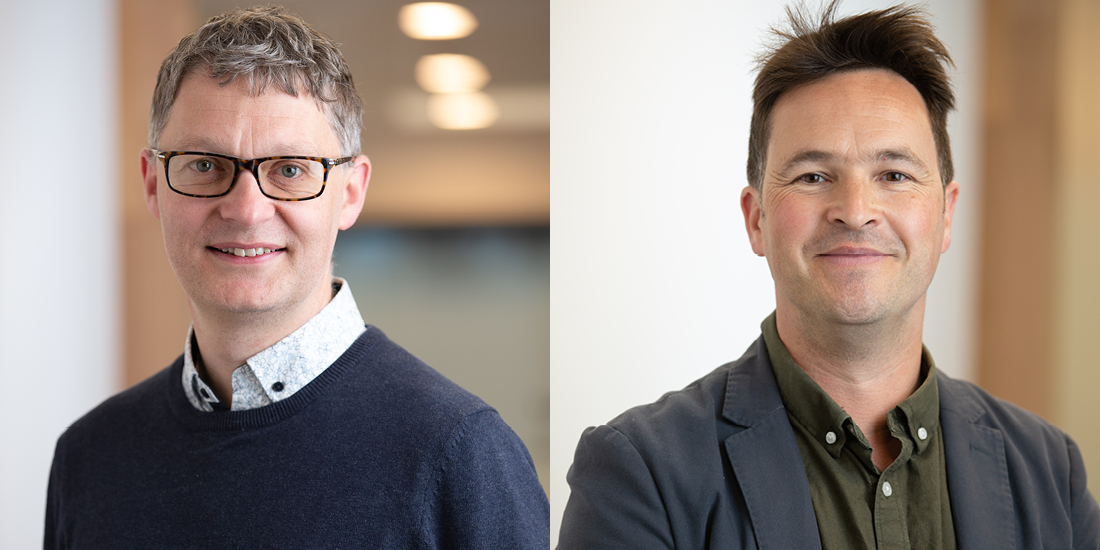
Research into medication options for young people with psychotic disorders and the use of virtual reality to treat young people with mental ill-health, have received funding through the National Health and Medical Research Council’s ideas grants program.
The funding will support two research teams from Orygen to develop the best possible early intervention treatments to ensure young people reach optimal mental health.
Professor Stephen Wood has received $720,000 to undertake a study to test if particular brain waves could predict which young people, with treatment-resistant psychosis, would benefit by being prescribed the drug clozapine for their psychotic symptoms.
“Clozapine is known to be one of the most effective antipsychotic medications in treating treatment resistant psychosis, however, because it can have serious side effects, it is mainly used as a second or third-line treatment and there are often long delays before people get offered this medication,” Professor Wood said.
“We are hoping that we can find particular patterns of brain waves that show which young people will be most suitable for clozapine, so that they get given that more effective treatment more quickly,” he said.
Associate Professor Andrew Thompson has received $396,000 to lead a team that will develop and test an innovative and engaging virtual world to provide a platform for the delivery of treatment to young people with mental ill-health.
“In a time of increasing digital delivery of mental health care, Orygen sees this as a major opportunity to build on previous work to develop a standalone, purpose-built online virtual world,” Associate Professor Thompson said.
“Co-designed with young people, we are wanting this virtual world to improve mental health service engagement of young people and provide therapy to young people who are isolated and disadvantaged”, he said.